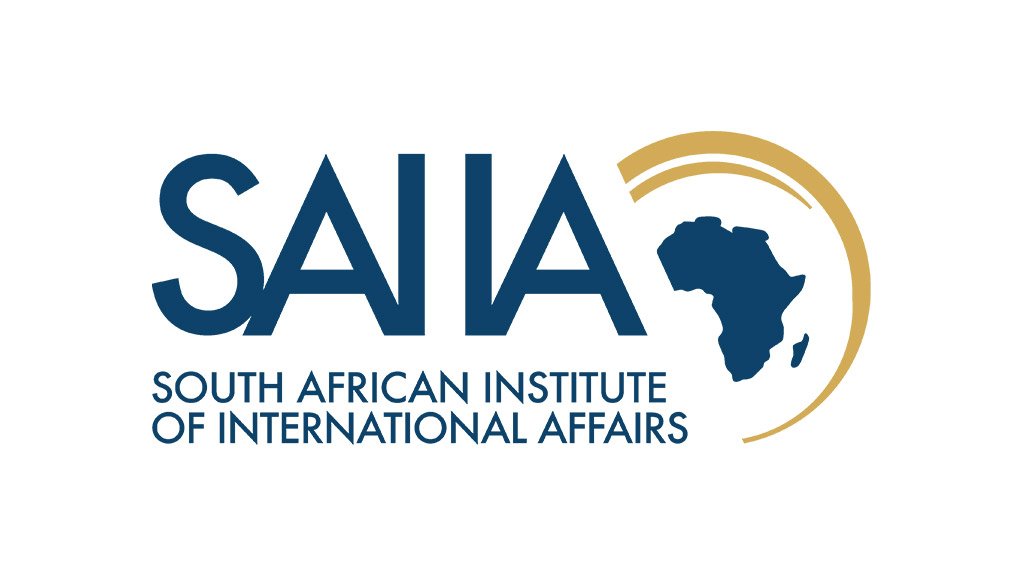The transitions in global mobility, digitalisation and other sectors may require different minerals as future technologies develop.
Following the Covid-19 pandemic and the Russian invasion of Ukraine, the focus of many industrialised states has shifted regarding where they secure raw materials; a revised geopolitical perspective has impelled states to reduce strong dependencies on certain countries. For the European Union, its proposed Critical Raw Materials Act could have a crucial impact on the economic relationship of EU countries with China, currently the most important source of processed minerals to the EU, causing them to set ambitious diversification targets. How will this rise of a ‘new geopolitics’ of mineral supply chains shape the relationship between the EU and other trading partners, such as mineral-rich countries on the African continent? And how might African economies work to maximise their own benefit from this refocus? The article explores current geopolitical dynamics as they relate to the restructuring of supply chains, as well as opportunities for African economies.
Introduction
The demand for minerals and metals is likely to increase significantly, as the transition to renewable energy sources alone will require vast amounts of various raw materials. The International Energy Agency (IEA) expects the demand for minerals for green energy technologies to quadruple by 2040 in order to meet the targets of the UNFCCC’s 2015 Paris Climate Agreement; an even faster transition to achieve global climate neutrality by 2050 ‘would require as much as six times more minerals in 2040 than today’. The transitions in global mobility, digitalisation and other sectors may require different minerals as future technologies develop, but in any case it is clear that demand is rising. Even though recycling technologies are improving and intensive research is being carried out to find renewable substitutes for raw materials that are considered critical, these interventions are unlikely to meet global demand in the short to mid-term. Therefore, the mining sector will continue to play an important role.
For some time now, a shift away from the production of fossil fuels toward the extraction of several ‘green’ minerals has been observable. A significant part of these mineral deposits are on the African continent. In this context, a number of empirical studies have already investigated the potential of African economies to provide minerals for the energy transition.
Since the beginning of the pandemic and with increasing intensity following the Russian invasion of Ukraine, a politicisation of transnational supply chains that potentially will affect global trade relations can be observed. Following the end of the Cold War, the world saw a rapid increase of global trade, cross-border movement and trade integration that has been referred to as ‘hyper-globalisation’. This period was characterised by ‘the premise that cross-border trade and capital movements should be free from regulatory constraints and national industrial policies’. Among other effects, the global economic and financial crisis in 2008/2009 highlighted the massive scope of global interdependencies that had accrued by that time – and their risks. In response to the apparent challenges of a highly globalised, fragmented supply chain system, Gary Gereffi noted a trend towards ‘shifting end markets and the regionalization of value chains’, which had slowed down but not reversed globalisation.
Research by Melanie Müller, the South African Institute of International Affairs
The views expressed in this publication/article are those of the author/s and do not necessarily reflect the views of the South African Institute of International Affairs (SAIIA).
EMAIL THIS ARTICLE SAVE THIS ARTICLE ARTICLE ENQUIRY
To subscribe email subscriptions@creamermedia.co.za or click here
To advertise email advertising@creamermedia.co.za or click here











